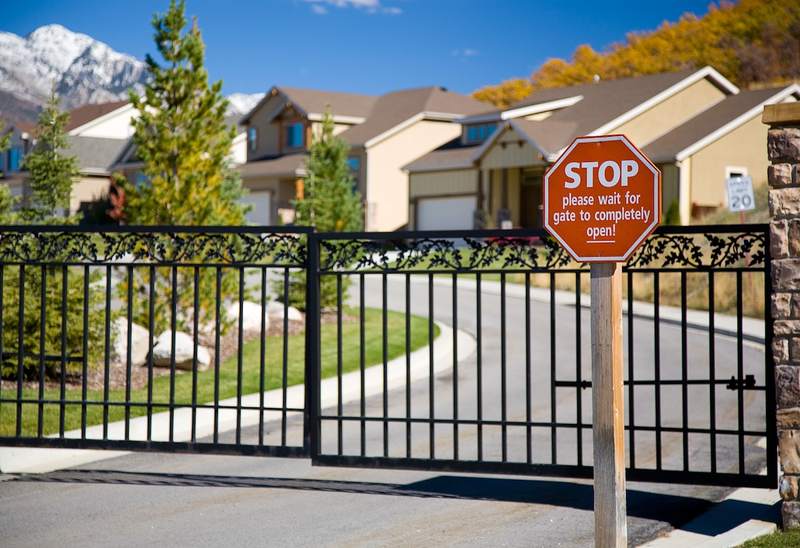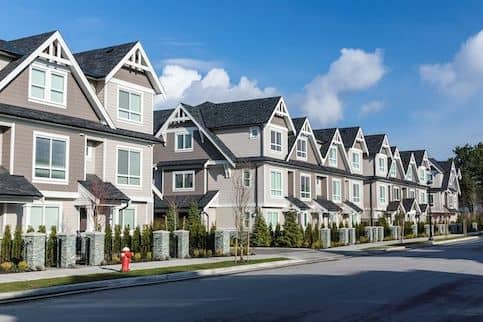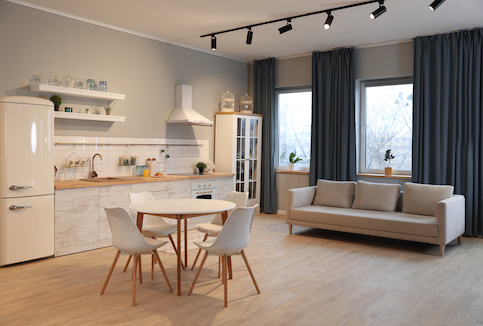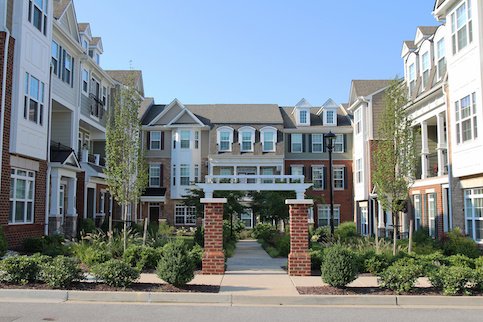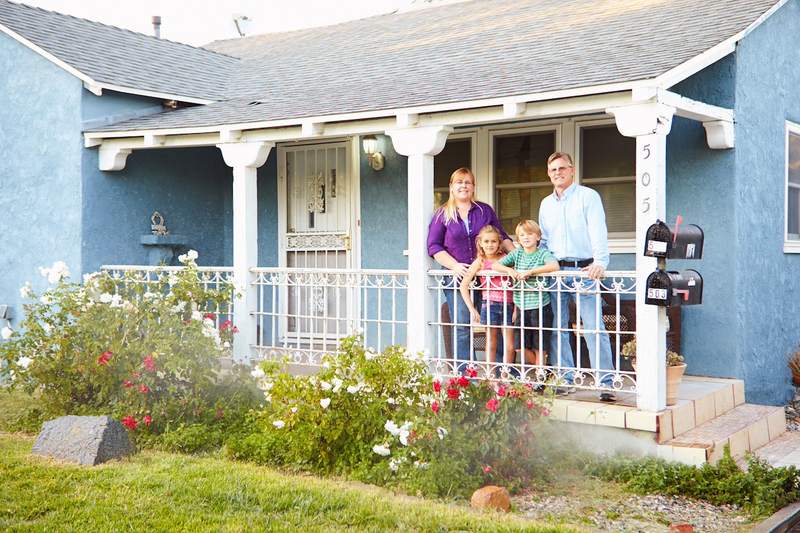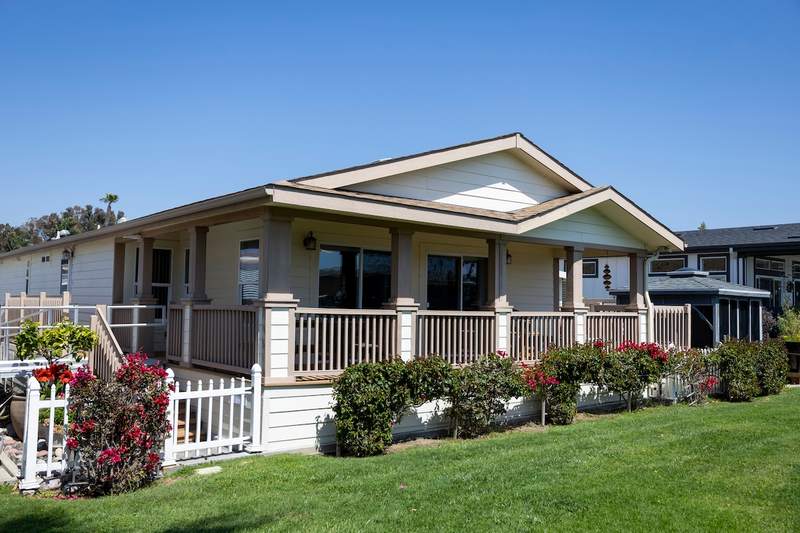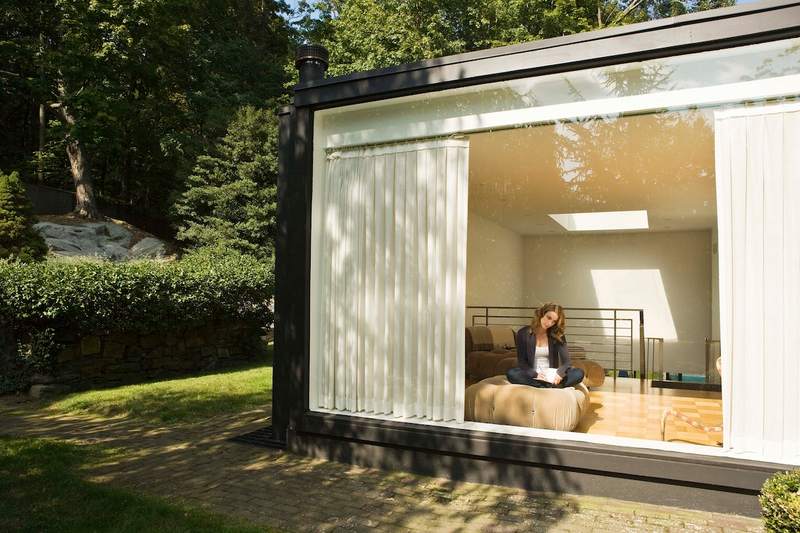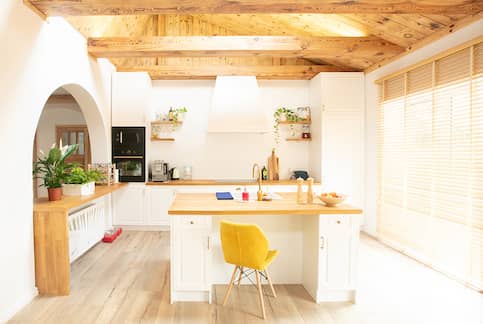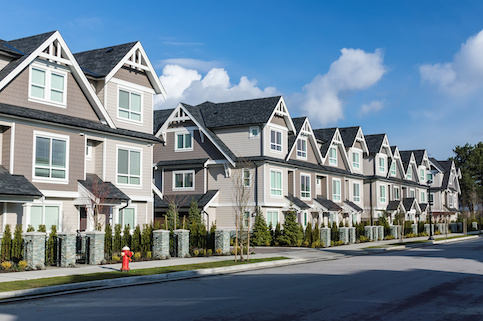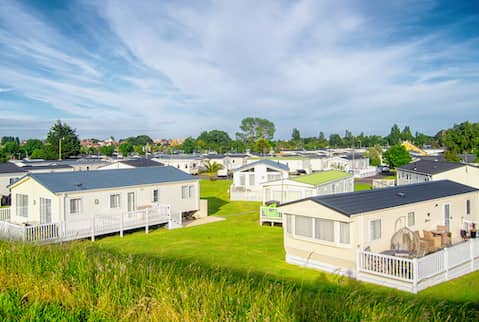If you or a loved one have reached an age that requires a new living situation, you’re not alone. By 2050, 22% of the United States population will be 65 years or older, up from 15.6% in 2021. Even with senior housing choices growing, finding the right fit can be challenging. Here are 11 senior housing options to get you started.
Key Takeaways:
- Seniors may choose housing with various levels of care, from independent living to nursing homes.
- Housing choices such as continuing care retirement communities offer a flexible living environment that allows seniors to adjust their care levels as their needs change.
- When choosing senior housing, it’s essential to assess medical, financial, and personal needs, seek advice from health care professionals and tour the facilities.
11 Housing Options For Seniors
Each senior housing option provides a different level of care and assistance, along with a sense of community.
1. Independent Living Communities
Independent living communities are best for older adults who can care for themselves but want to hand off some of the responsibilities of owning a home.
“Independent living communities are for seniors who can live on their own but don’t want the hassle of home maintenance,” says Rachel Stringer, a real estate agent at Raleigh Realty in Cary, North Carolina.
Independent living communities generally provide housekeeping, fitness classes, activities, and on-site dining facilities, but they do not offer emergency medical care or assistance with personal care.
- How to pay: Long-term care insurance, Medicaid and veterans benefits
- Average cost of living: $3,100 monthly
- Average age: 84
- Independence level: Independent to dependent
2. Accessory Dwelling Units
Accessory dwelling units, often called in-law suites, are independent living spaces connected or adjacent to a primary home. This allows seniors to live close to family members but still have their own living space.
“Their advantage is closeness to family for support, but there can be zoning restrictions or expensive construction costs associated with ADUs,” says Brandon Blakeley, co-founder of Mirador Living, based in Falls Church, Virginia.
- How to pay: Personal funds, home equity, or loan
- Average cost of living: $60,000-$285,000 to build
- Average age: 40
- Independence level: Highly independent
3. Co-Housing
Co-housing is a shared living arrangement where residents have private units but also share communal spaces such as kitchens and gardens.
- How to pay: Personal funds, home equity, or loan
- Average cost of living: Varies
- Average age: Any age
- Independence level: Independent
What’s Your Goal
Buy A Home
Discover mortgage options that fit your unique financial needs.

Refinance
Refinance your mortgage to have more money for what matters.
Tap Into Equity
Use your home’s equity and unlock cash to achieve your goals.
4. House Sharing
House sharing is when seniors live in one home to split costs and enjoy companionship.
“This happens to be one of the most affordable options and a potential solution for individualized loneliness,” says Blakeley. “But compatibility among housemates is of utmost importance, and conflicts may arise if expectations are not clearly defined.”
- How to pay: Personal funds, home equity, or loan
- Average cost of living: $500-$1,500 monthly for rent
- Average age: Varies
- Independence level: Independent to dependent
5. Continuing Care Retirement Community
These communities typically are in facilities that provide different care levels, making it easy to transition to assisted living. This is ideal for seniors who wish to stay in one community as their need for assistance progresses. The cost of services depends on how much care is required.
- How to pay: Medicaid, Medicare or personal funds
- Average cost of living: $3,450 monthly average in 2023
- Average age: 55 and older.
- Independence level: Ranges from highly independent to requiring medical and personal care
6. Downsizing
Downsizing means selling your home and renting or buying a smaller and more manageable home.
“Downsizing to a smaller home or senior-friendly community can lower expenses and make life easier,” says Stringer. “However, it can be hard to leave a longtime family home and adjust to less space.”
- How to pay: Personal funds, home equity, loans
- Average cost of living: Varies
- Average age: 55-plus
- Independence level: Varies
Ready To Become A Homeowner?
Get matched with a lender that can help you find the right mortgage.
7. Nursing Homes
Nursing homes or skilled nursing facilities are for those who require around-the-clock care. Nursing homes focus on maintaining the residents’ health rather than supporting an active lifestyle.
- How to pay: Medicare, Medicaid or personal funds
- Average cost of living: $9,733 per month
- Average age: 85-plus
- Independence level: Requires medical and personal care
8. Assisted-Living Residences
An assisted-living residence is a good option for older adults who need daily assistance but don’t require medical care. There’s on-site emergency medical assistance and daily assistance with tasks such as bathing and dressing. Assisted living residences often provide common areas, fitness centers and an arts space.
- How to pay: Medicaid, home and community-based services waivers or personal funds
- Average cost of living: $5,676 per month
- Average age: 84-plus
- Independence level: Requires personal care
9. Reverse Mortgages
A reverse mortgage allows homeowners 62 or older to turn their home equity into cash. The amount of cash you receive from your reverse mortgage reduces your equity and increases the amount owed. Unlike traditional loans, no monthly payments are required as long as you live in your home. You must pay property taxes, homeowners insurance and maintenance costs. The loan is repaid – often by selling the home – when you no longer live in the home.
- Average cost of living: Varies based on how much equity you borrow, the interest rate you pay, and other loan terms.
- Average age: 62-plus
- Independence level: Varies
Take The First Step To Buying A Home
Find a lender that will work with your unique financial situation.
10. In-Home Senior Care
In-home senior care can include various services, depending on how much aid you require. These services can be customized for your specific needs but don’t include serious medical care.
- How to pay: Medicare, veteran benefits program, state non-Medicaid program or personal funds
- Average cost of living: $5,720-$6,292 (monthly median costs)
- Average age: 65-plus
- Independence level: Requires personal care
11. 55 And Older Community
Communities for people 55 and older cater to seniors who enjoy an active lifestyle. Also known as active adult communities, they often provide amenities such as dining, shopping and leisure activities.
- How to pay: Personal funds, Social Security, pensions or supplemental security income
- Average cost of living: About$2,300 per month
- Average age: 55-plus
- Independence level: Highly independent
How To Choose Senior Housing
There are several considerations to think through when you’re deciding which type of senior living is right for you.
List Your Needs
Compile a list of your physical and medical needs. This can also include housekeeping and personal needs.
Questions To Ask Your Doctor
Before deciding on a type of senior living, you should ask your doctor what they recommend regarding your medical needs.
Setting A Budget
Evaluate what type of care facility or community you can afford and whether it’ll be short-term or long-term residency.
Consider Using Your Home Equity
One surefire way to help pay for your next home or living facility is to leverage your home equity by selling your home or taking out a reverse mortgage. “However, this decision to use your home’s equity requires careful planning to avoid financial pitfalls,” Blakeley says.
Talk With Family and Friends
While consulting with a knowledgeable financial planner or retirement expert is recommended, it’s also wise to discuss your options with relatives and friends. “Their input will help ensure that your decision fits your personal and emotional needs,” Drake says.
Tour The Facilities
Schedule a tour of the senior housing you’re interested in. Learn what types of care and activities they offer, how well you see yourself living in the housing, and what joining the community will be like.
Read The Housing Contract
Review the housing contract thoroughly once you’ve found a senior housing community you like. You may want to review it with a family member or lawyer to make sure you fully understand the financial details and requirements.
The Bottom Line
Whether you’re renting or buying a home in a 55 and older community or transitioning to assisted living care, take your time evaluating the options available. If you live a more active lifestyle, an independent retirement community or a 55-plus community are worth considering. If you need both your medical and personal needs met daily, a skilled nursing facility or an assisted living community would be appropriate for your lifestyle.
Victoria Araj contributed to the reporting of this article.

Erik J. Martin
Erik J. Martin is a graduate of Loyola University Chicago and a freelance writer whose articles have been featured in AARP: The Magazine, Reader's Digest, The Costco Connection, The Chicago Tribune, Los Angeles Times and other publications. He often writes on topics related to real estate, personal finance, technology, health care, insurance and entertainment. He also publishes several blogs, including Martinspiration.com and Cineversegroup.com, and hosts the Cineversary podcast.

